In an increasingly interconnected world, government network access has become a pivotal strategy for individuals and organizations looking to expand their influence, achieve policy objectives, or gain economic benefits. Government networks are more than just connections—they are a pathway to collaboration, resources, and opportunities that might otherwise remain inaccessible. Understanding how to navigate and leverage these networks can open doors for diplomatic appointments, public-private partnerships, and streamlined international operations.
This article explores government network access strategies, their benefits, and actionable insights on how to build and maintain these vital connections.
What Are Government Network Access Strategies?
Government network access strategies are deliberate plans designed to establish and leverage relationships with government officials, departments, and other stakeholders. These strategies can help individuals, corporations, and organizations to:
- Influence Policy Decisions: Engage with policymakers to align regulations with business or personal interests.
- Foster Economic Growth: Gain access to government grants, contracts, and trade opportunities.
- Streamline Operations: Overcome bureaucratic challenges through strategic relationships.
The approach involves ethical engagement, clear objectives, and long-term relationship-building. Success in this area often depends on understanding local governance, culture, and legal frameworks.
Key Components of Effective Strategies
Developing robust government network access strategies involves several critical elements:
1. Understanding the Stakeholders
Identifying key government officials, ministries, and agencies relevant to your goals is essential. Researching their priorities and ongoing projects provides a foundation for meaningful dialogue.
Case Study:
In 2021, a tech startup aiming to expand its renewable energy projects across Africa leveraged relationships with environmental ministries in Ghana and Nigeria. By aligning their pitch with governmental climate goals, they secured funding and operational permits.
2. Cultural Competence and Localization
Building connections often requires understanding the local political and cultural environment. Government officials value respectful and culturally aware engagement.
For example, in Middle Eastern countries, fostering trust through long-term relationship-building is more effective than transactional approaches.
3. Leveraging Existing Networks
Often, the fastest way to access government networks is through intermediaries who already have established relationships. Consultants, trade associations, and local legal firms can provide introductions and credibility.
Learn more about diplomatic appointments and their benefits at William Blackstone Internacional.
Tools and Resources for Government Network Access
Several tools can streamline your efforts in accessing government networks:
1. Industry-Specific Conferences and Events
Government representatives often attend international summits, trade fairs, and forums to discuss industry trends and foster collaboration. Engaging with them in these settings can create organic connections.
2. Public-Private Partnerships (PPPs)
PPPs provide a formal mechanism for collaboration between governments and private entities. For businesses, engaging in PPP projects can yield access to strategic networks while contributing to public goals.
3. Legal and Diplomatic Advisors
Advisors familiar with international governance systems can guide you through regulatory complexities. For instance, services provided by firms specializing in identity-based asset protection often include government liaison services.
Challenges in Building Government Networks
While the benefits are substantial, there are challenges to consider:
1. Regulatory Complexity
Different jurisdictions have varying requirements for engaging with government officials. Failing to adhere to these guidelines can damage relationships and reputation.
2. Long Lead Times
Government processes often take longer than anticipated due to bureaucratic procedures. Patience and persistence are vital.
3. Risk of Misalignment
Misunderstanding governmental priorities or overstepping boundaries can hinder progress. Conducting a thorough due diligence process helps mitigate these risks.
Examples of Successful Strategies
Diplomatic Engagement for High-Profile Individuals
A multinational organization sought diplomatic appointments for its executives to improve global mobility and business influence. By engaging firms like William Blackstone Internacional, the organization successfully prepared and presented candidates to the Ministries of Foreign Affairs in three jurisdictions.
Corporate Expansion Through Trade Relations
A U.S.-based agricultural firm used targeted government network strategies to secure trade deals with Southeast Asian governments. Their focus on shared goals, such as food security, earned them lucrative long-term contracts.
The implementation of effective government network access strategies often involves aligning recommendations with network infrastructure devices to ensure optimal connectivity. By integrating a federal cloud computing strategy, organizations can streamline operations while maintaining the separation of sensitive data, fostering both security and efficiency in governmental collaborations.
Practical Steps to Build Your Strategy
- Define Your Objectives: Whether your goal is a diplomatic appointment, enhanced mobility, or regulatory support, clarity is key.
- Research the Landscape: Study governmental structures, priorities, and key decision-makers in the target region.
- Engage with Experts: Collaborate with firms specializing in government liaison services for tailored strategies.
- Follow Ethical Practices: Transparent and ethical interactions foster trust and long-lasting relationships.
Következtetés
Government network access strategies are essential for individuals and organizations seeking to achieve their goals within a globalized framework. From diplomatic appointments to regulatory easing, strategic government engagement can unlock unparalleled opportunities. Success in this area requires preparation, cultural competence, and expert guidance.
William Blackstone Internacional has assisted countless clients in developing tailored strategies for accessing government networks and achieving their aspirations. Their expertise in global mobility, diplomatic appointments, and liaison services ensures a strategic edge for clients navigating complex governmental systems.
For more information on how to develop and implement effective government network access strategies, visit William Blackstone Internacional’s blog.













